When faced with someone needing medical attention, my predominate (pre-nursing) emotion has been “helpless.” Health-care skills always seemed to be things that would come to my attention when I realized that a) someone near me was in need of medical attention and b) I had no idea what to do.
I think a lot of people have had this moment. Maybe their grandmother had a stroke. Maybe their younger sibling split their knee open and, as babysitter, they were trying to figure out whether or not it was bad enough to call someone for help. In any event, we’ve all been incredibly grateful to that first person to show up—a nurse, an EMT, a doctor, or some other qualified individual—who said, “it’s okay, I’m a professional. I know what to do.”
For two years I worked seasonally at South Pole Station, Antarctica. Over and over again they stressed to us the importance of not getting hurt, because the nearest hospital was in New Zealand. Sure, we had a doctor and a physician’s assistant on station, and a small medical clinic, but when your blood bank is walking around you (we were the blood bank), it’s a good idea not to take any chances. Part of living in such a remote, extreme area was that we all had to be part of any emergency response that needed to happen. No one could stand around and wait for the ambulance to show up; if you weren’t qualified to help with the medical response, you could help with logistics, communications, or the fire crew. As we practiced drills for emergency scenarios, I thought a lot about what I honestly was and was not able to do.

At one point, on a training expedition in the field, I remember watching a coworker slowly begin to demonstrate all of the signs of hypothermia. We were all well-taught in how to handle cold weather injuries. I knew what to do. But when it came to me actually intervening in what I perceived to be another person’s deteriorating medical condition, I struggled not to turn my assertions into questions. It was a role I was not accustomed to filling, and I disliked feeling so helpless. Yes, I could handle some cold-weather injuries. But what if someone took a fall, got injured, or sick? Until last week, I didn’t even know how to take someone’s blood pressure.
This week, I start my clinicals. I will be in a hospital, shadowing an experienced nurse, running through the routine of her shift with her. The biggest thing that I am looking forward to is learning the skills I need to truly be capable in the face of illness and injury. I want to be able to see someone in trouble and not feel helpless. I want to see an emergency, and know, automatically, that I can help. That confidence isn’t going to happen this semester. It will come with a lot of learning and experience. And I’m on the right path.
One day I intend to be that person who shows up and tells you, “it’s okay, I’m a professional. I know what I’m doing.”
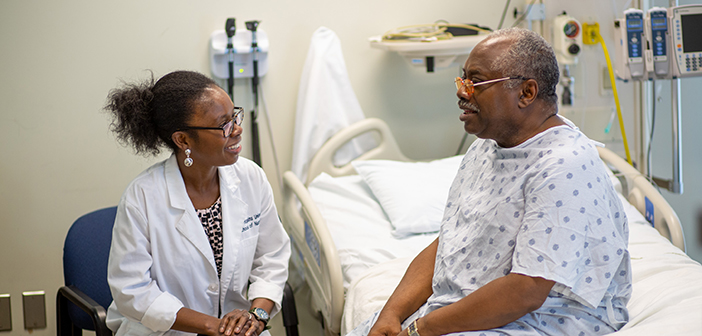 Americans Trust Nurses to Improve the Health Care System, and They are Right to Do So
Americans Trust Nurses to Improve the Health Care System, and They are Right to Do So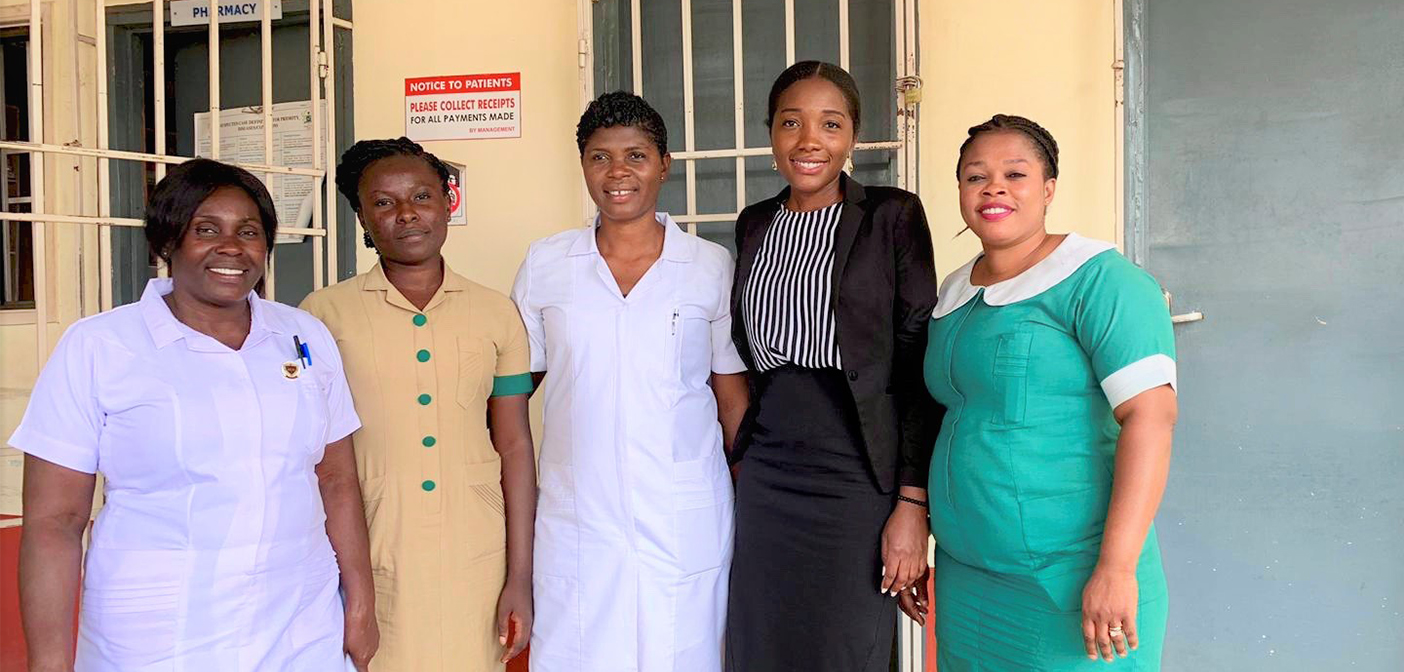 Heart Disease’s Global Fingerprints
Heart Disease’s Global Fingerprints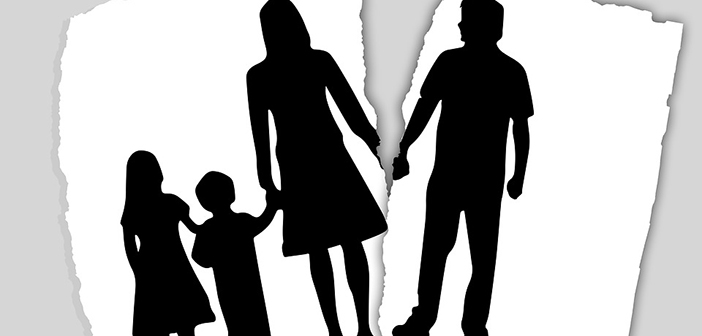 Gross and Colleagues Write Opinion Piece on Toxic Stress of Separating Parents and Children
Gross and Colleagues Write Opinion Piece on Toxic Stress of Separating Parents and Children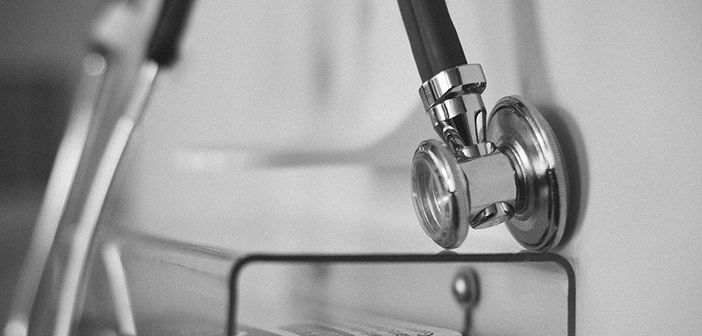 An Ethical Dilemma in Advanced Practice Nursing
An Ethical Dilemma in Advanced Practice Nursing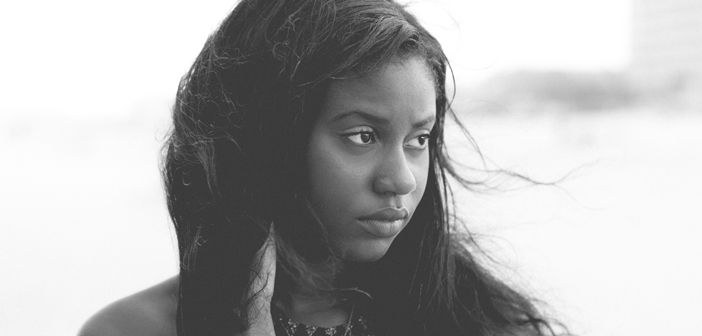 Race, Health, and Medicine
Race, Health, and Medicine







